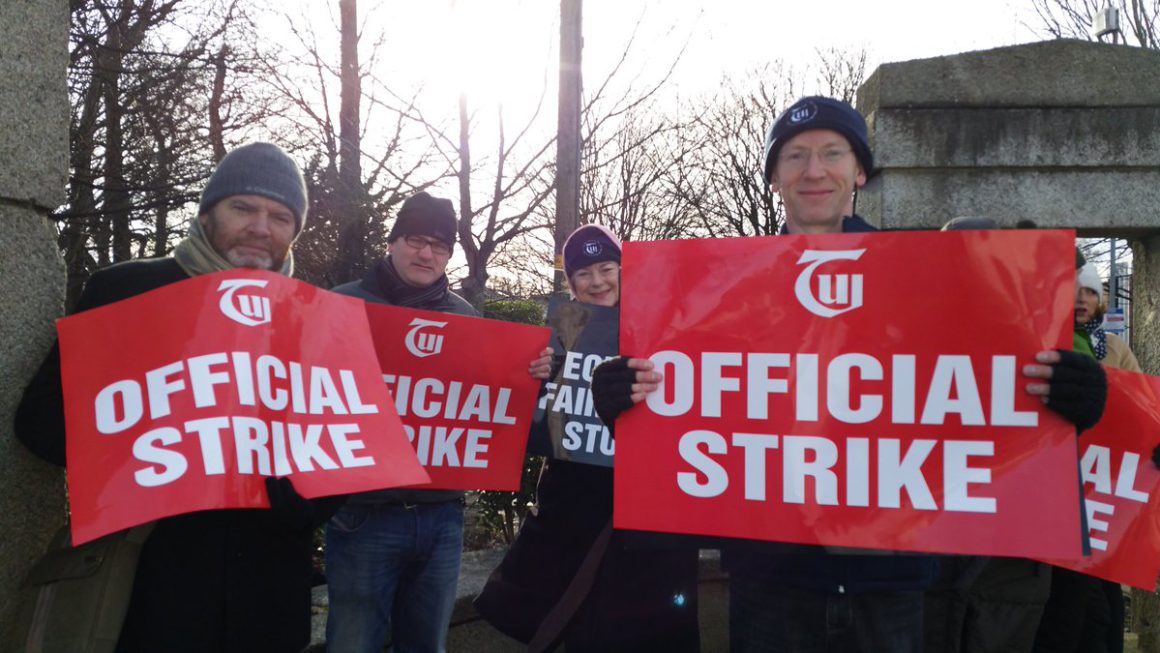By Mick Barry TD
“Real change” was the demand of huge numbers of people in the February election.
Real change on housing. Real change on health. Real change in the pension age. Real change for climate justice.
The demand for change was heard most strongly in working-class communities and crystallized around key issues facing working class people. For the third time in six years a movement for change has exploded from below – first water charges, then Repeal, now general election 2020.
For the third time in six years the majority of trade union leaders have lagged way behind the majority of working-class people that they are paid to represent.
A potential power
With over 600,000 members in this state the trade unions have the potential to be the decisive force for change in Irish society. However, the trade union leaders have spent the best part of a decade pining for a social partnership arrangement with governments including the erstwhile Fine Gael one which has now just been swept from office by working people.
It’s been seven years since the leaders of the Irish Congress of Trade Unions have initiated a national demonstration of any kind. Five trade unions played an important role in mobilising the anti water charges movement while the majority of union leaders stayed to one side or even opposed the demand for the scrapping of charges.
SIPTU played a limited role in the general election, initiating a campaign against the increase of the pension age to 67 (“Stop 67”). Their members took the issue up enthusiastically, raising the issue with canvassers on the doorsteps and starting a snowball effect which had both FG and FF reeling within a week of the campaign start.
Lack of leadership
On housing too, the people were far more vocal than the union leaders.The unions had played a limited role in initiating housing protests which brought 10,000 or so people onto the streets for any given protest.
However, in the general election hundreds of thousands of people, many of them young, used their vote as a weapon to punish Fianna Fáil and Fine Gael for their failures on housing.The trade union leaders should learn the lessons of the general election campaign: working people are up for real change and trade union campaigns for real change will get a strong response – and should be launched.
This now includes a campaign for a left government linked to key issues such as housing, health, pensions and climate justice, and to organise the economy on the basis of need not profit.
The unions should take the lead in organising a major national demonstration against plans for a Fine Gael/Fianna Fáil Government and for real change on the key issues. However, workers should not wait on the union leaders to take action.
Action from below
The water charges campaign was followed by a rash of strikes in 2016/17 as busworkers, retail workers, teachers and others took confidence from the water battle and then took action to push for change.
Workers took political action without a lead from the union leaders in February. It is of course far more challenging to tackle workplace issues than it is to cast a ballot. A real discussion now needs to spring up among workers as to how the mood for change can be translated into tackling the workplace issues across the country in the months ahead.












